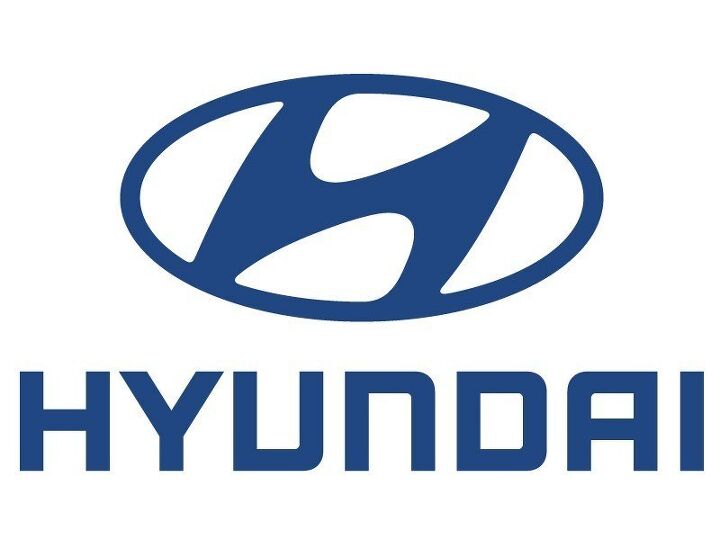Despite Inventory Issues in Korea and U.S., Hyundai Reports Near Record Earnings As China Sales Surge
Despite low inventory levels that affected sales in North America and their home market of Korea, Hyundai Motor Co. announced near record profits for the second quarter of 2013, powered by good results in China. Hyundai reported net profits of 2.52 trillion Korean won ($2.26 billion), down just slightly from last year but beating analysts expectations. Operating profit was 2.41 trillion won ($2.16 billion) on revenues of 23.18 trillion won ($208.39 billion).
Bucking a slowing Chinese market, Hyundai sales there were up 36% in the first half of 2013 following the start of production at the company’s third Chinese assembly plant, the launch of a local version of the Elantra, and decreased sales of Japanese brands due to the dispute between China and Japan over the Senkaku/Diaoyu islands.
Sales in its home market of South Korea fell 0.7% while U.S. sales were up slightly 1.2%. Hyundai sales in both of those markets were hampered by a labor dispute over wages and overtime affecting their Korean operations, reducing supply. Also, competitors in the critical compact and midsize segments have introduced many new models, while Hyundai’s bread and butter Elantra and Sonata are among the oldest in that segment. To move the metal, Hyundai has cut prices and increased incentives. The relatively flat results in North America means that the company has been losing market share.
In Europe, where sales are at the lowest point they’ve been in 20 years, Hyundai’s sales were off 9 percent.
More by TTAC Staff


































Comments
Join the conversation
Have to echo doctorolds comments, particularly the KR won to US dollar conversin of revenue. It's only about $21 billion US. That does mean, however, that the profit to sales ratio is over 10%, which beats the BMW benchmark. Is any other automaker as profitable? Apparently heated steering wheels and ventilated, cooled driver's seats don't cost as much as many might have guessed.
Just so that everyone is clear, inventory levels are irrelevant to profits. Automakers do not record sales and profits when the car is sold by a dealer -- they record sales and profits the moment that the car leaves the factory.
If there are production constraints in USA why they are slapping incentives to move Sonatas and other cars as mentioned in article and sell so many car to rental companies. I hear production constraints argument for several years already. In Europe Kia and Hyudai are considered being a better value than Japanese cars. Japanese cars are simply overpriced for what they offer.
Although I like the good news I do have reservations based on admittedly anecdotal observation. I think a lot of people were holding on to their 9 and 10 year old vehicles until the life ran out of them. I have a bunch of friends and neighbors who depend on some sort of truck to conduct business, and none of them have bought anything. If this is truly a economic up-tick, this car buying trend should last several months, maybe even a year before leveling out.